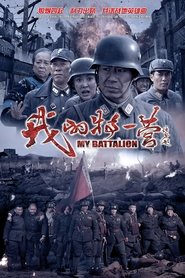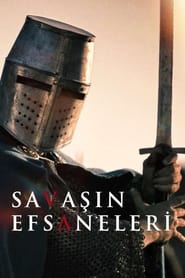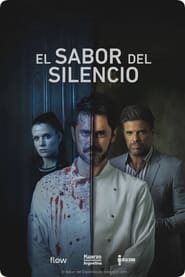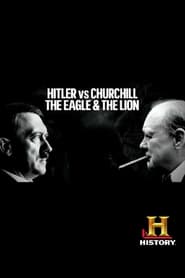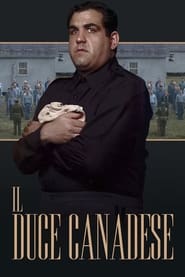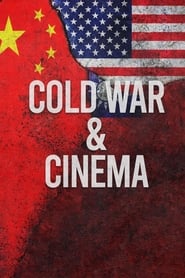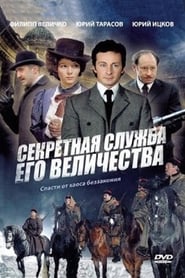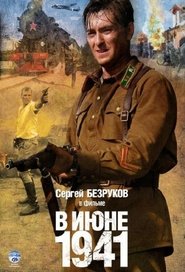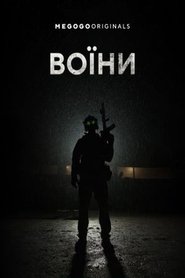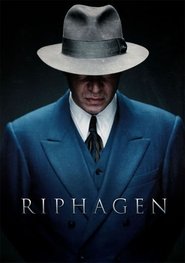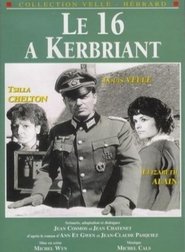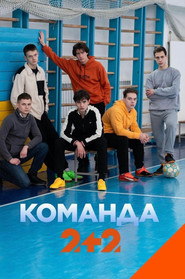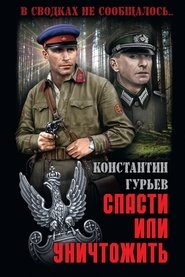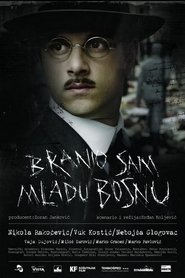Popular War Politics TV Series on Pantaflix - Page 102
-
My Battalion
2014
My Battalion
2014
It is a heroic story of Chinese Army courageously resisted the Japanese Invaders during the World War II. In the year 1938, the Japanese Army went down south to invade Xu Zhou. Liao Guangyi, the Chief Commander of the 56th Corps were forced to retreat. Liao's subordinate Zhou Tianyi, commander of No.1 battalion refuses to abandon for the sake of his nation. -
Savaşın Efsaneleri
2019
-
El sabor del silencio
2024
Vicente is a renowned chef who takes justice into his own hands when a politician abuses his wife. Revenge gives him pleasure, which reveals his true nature. -
Europe in Putin's Hands?
2024
star 8328 / 5 000 The Kremlin's strategy consists of infiltrating places of power throughout Europe and securing the services of more or less lucid personalities, more or less aware of what is going on. -
Kronika
1974
Kronika
1974
-
Jaro 45
2015
Jaro 45
2015
-
Hitler vs Churchill: The Eagle and the Lion
2016
A documentary which explores the remarkable parallels between the careers of Adolf Hitler and Winston Churchill, as well as their personal rivalry and animosity. -
Il Duce Canadese
2004
Il Duce Canadese
2004
Based on real events, this dramatic mini-series follows the experiences of the fictional Alvaro family who are a part of a Canadian community during World War Two that attempts to come to terms with events over which they have no control. -
Cold War & Cinema
2021
Cold War & Cinema
2021
Hosted by Ian Nathan, this series features the cinematic stories of the Cold War era: propaganda, nuclear fear, a change in the US society; the spy games; and the rise and fall of the USSR and East Germany (and everything in between). Film critics and historians examine the industry both as it was happening in real time, and how films from this period have become seminal classics. -
The Complete Churchill
1991
Written and presented by Martin Gilbert, Sir Winston Churchill's official biographer and the author of Churchill: A Life, The Complete Churchill is a treasury of rare newsreel clips and interviews with Churchill's family, staff, and political contemporaries, both the supporters and the detractors. -
In June 1941
2008
-
Warriors
2023
Warriors
2023
The day of the full-scale Russian invasion of Ukraine in 2022 forever changed the lives of the heroes of the mini-series - ordinary citizens became real defenders of their Motherland. The viewer will see six stories that are very similar, but at the same time unique. -
Senda de gloria
1987
Senda de gloria
1987
-
Riphagen
2017
-
Le 16 à Kerbriant
1972
Le 16 à Kerbriant
1972
-
Court Martial
1965
Court Martial
1965
star 6Court Martial is an ITC Entertainment and Roncom Productions co-production crime drama television series set during World War II. The series details the investigations of a Judge Advocate General's office. It aired for one 26-episode season from September 5, 1965 to April 4,1695 on London's Associated Television (ATV). Twenty episodes were shown on ABC in the United States between April 8 and September 2, 1966. The series had its genesis in a two-part episode of NBC's Kraft Suspense Theatre, "The Case Against Paul Ryker", which was later re-edited into a 1968 theatrical feature, Sergeant Ryker. The series won the1966 British Society of Film and Television TV award for Best Dramatic Series. -
Команда
2025
Команда
2025
-
The Man Who Defended Gavrilo Princip
2015
star 8When Gavrilo Princip killed Franz Ferdinand , Austrian future king , the World War I began. What will Gavrilo Princip do? He has to choose , hard jail untill death, or hanging. There are so much things happening in Bosnia.
 Netflix
Netflix
 Amazon Prime Video
Amazon Prime Video
 Apple iTunes
Apple iTunes
 Apple TV Plus
Apple TV Plus
 Disney Plus
Disney Plus
 Google Play Movies
Google Play Movies
 Paramount Plus
Paramount Plus
 Hulu
Hulu
 HBO Max
HBO Max
 YouTube
YouTube
 fuboTV
fuboTV
 Peacock
Peacock
 Peacock Premium
Peacock Premium
 Amazon Video
Amazon Video
 The Roku Channel
The Roku Channel
 AMC+
AMC+
 Kocowa
Kocowa
 Hoopla
Hoopla
 The CW
The CW
 Vudu
Vudu
 Starz
Starz
 Showtime
Showtime
 PBS
PBS
 Pantaflix
Pantaflix
 FXNow
FXNow
 Tubi TV
Tubi TV
 Kanopy
Kanopy
 Comedy Central
Comedy Central
 Crunchyroll
Crunchyroll
 Microsoft Store
Microsoft Store
 Redbox
Redbox
 Sun Nxt
Sun Nxt
 ABC
ABC
 DIRECTV
DIRECTV
 Crackle
Crackle
 Fandor
Fandor
 Plex
Plex
